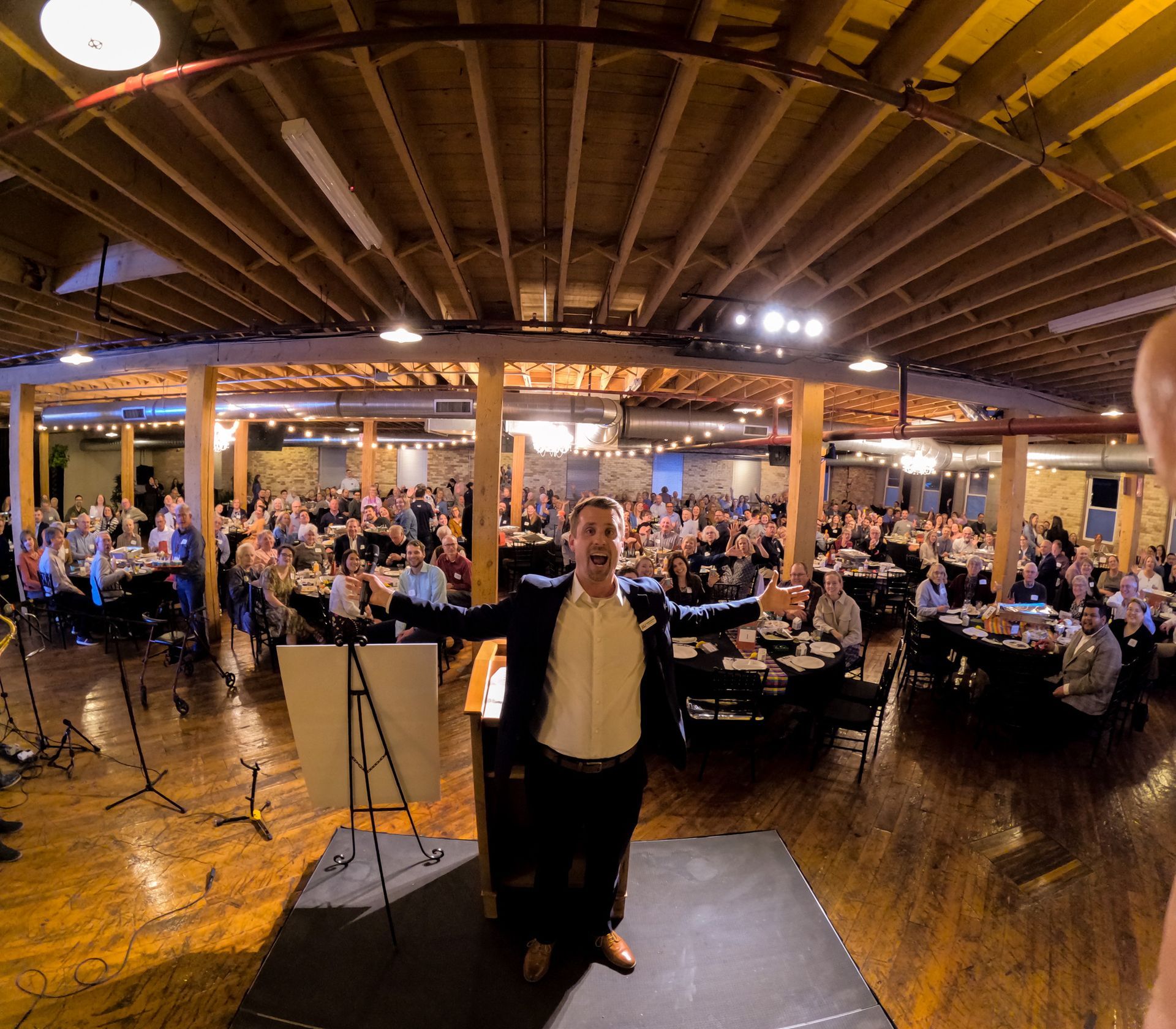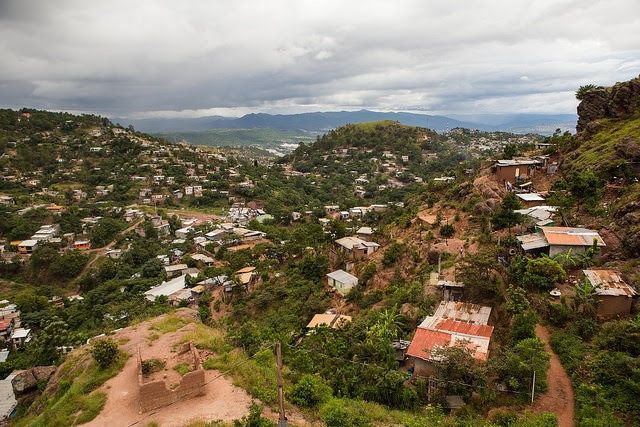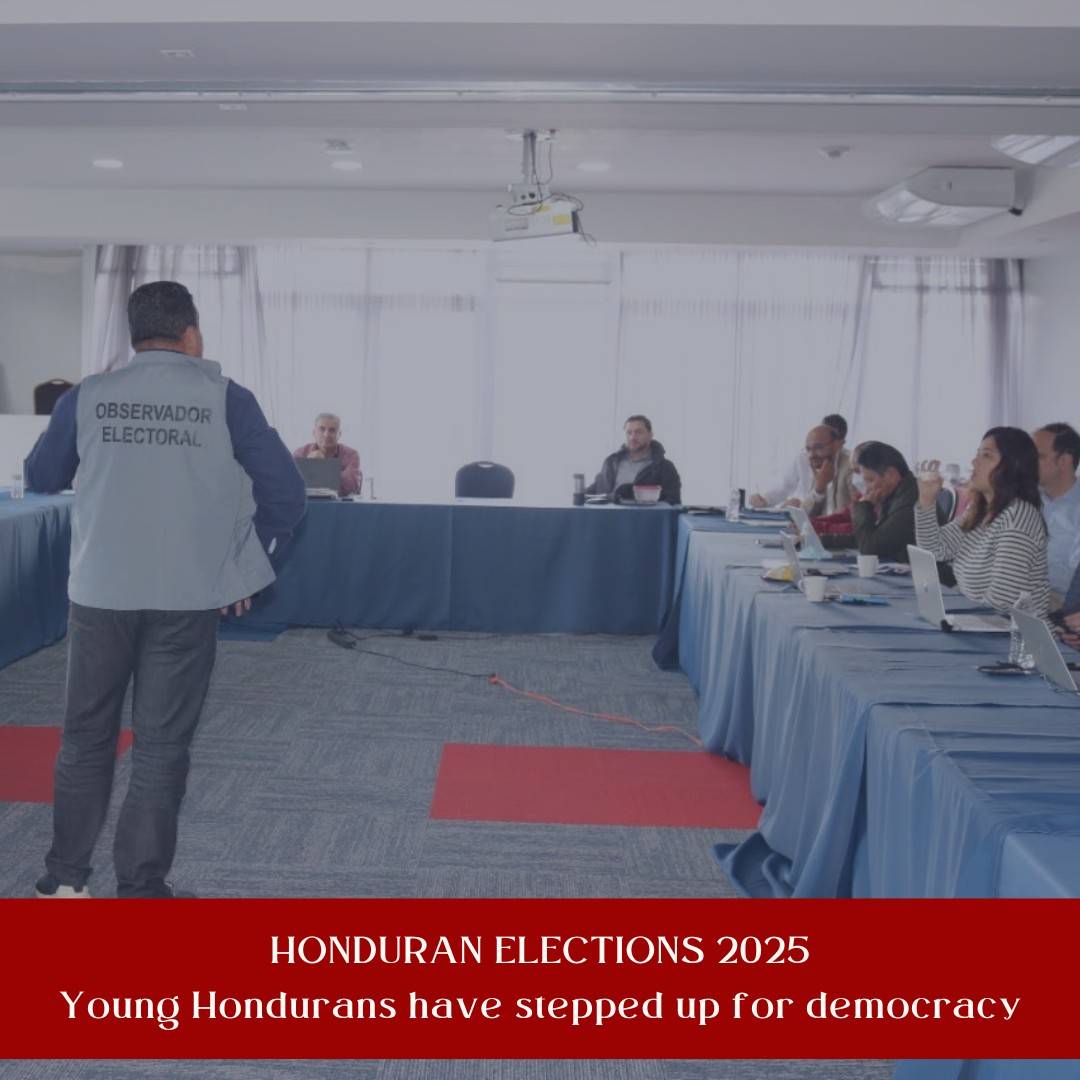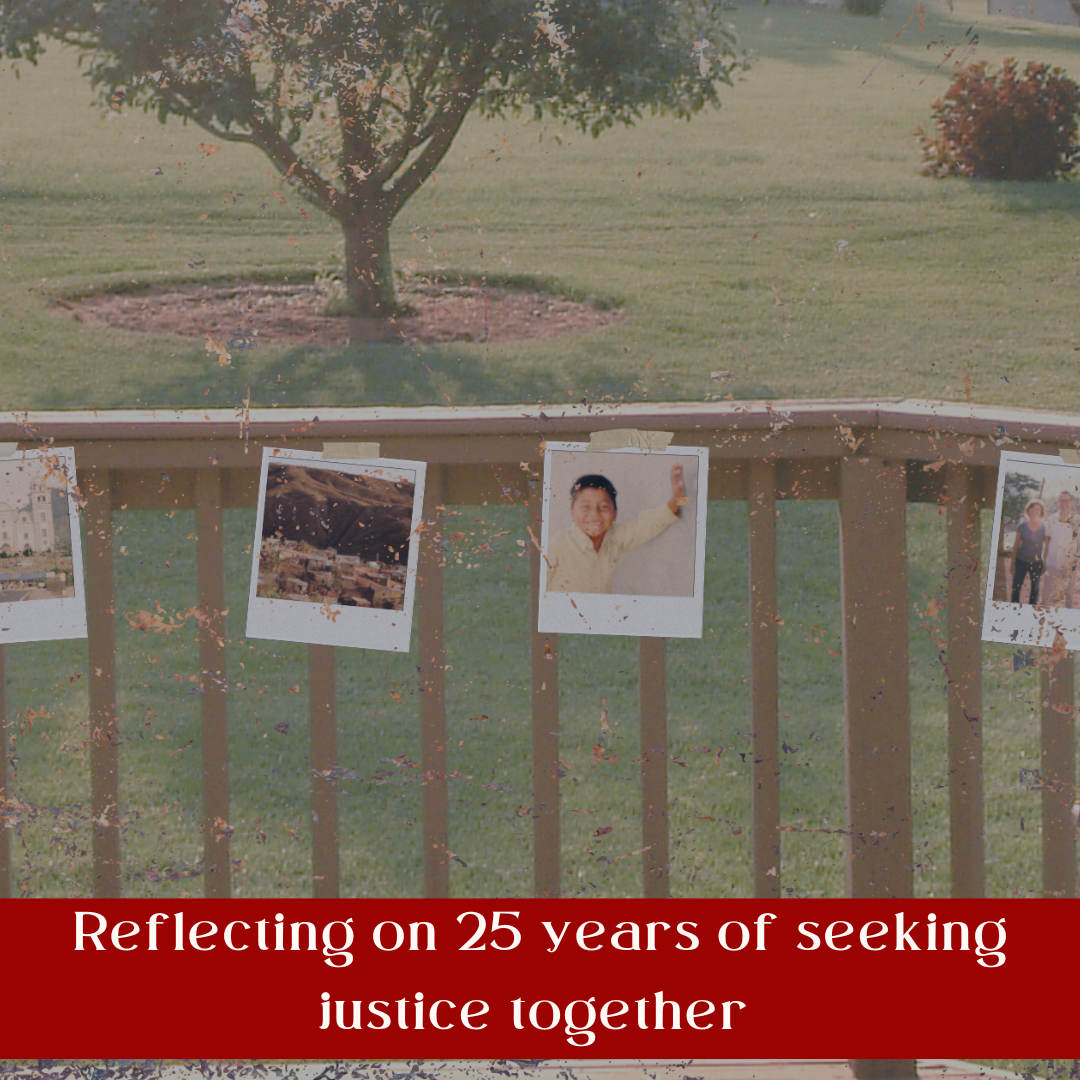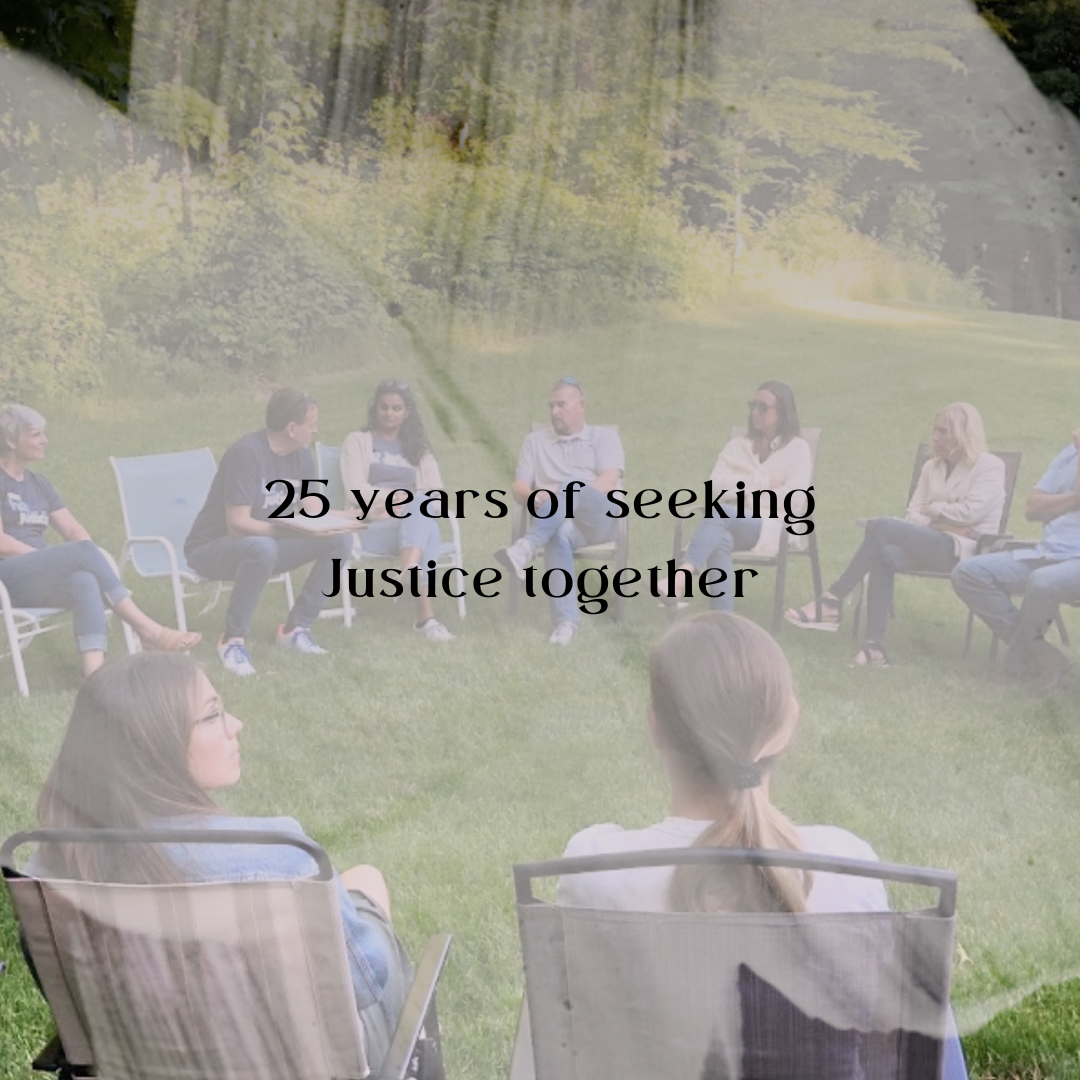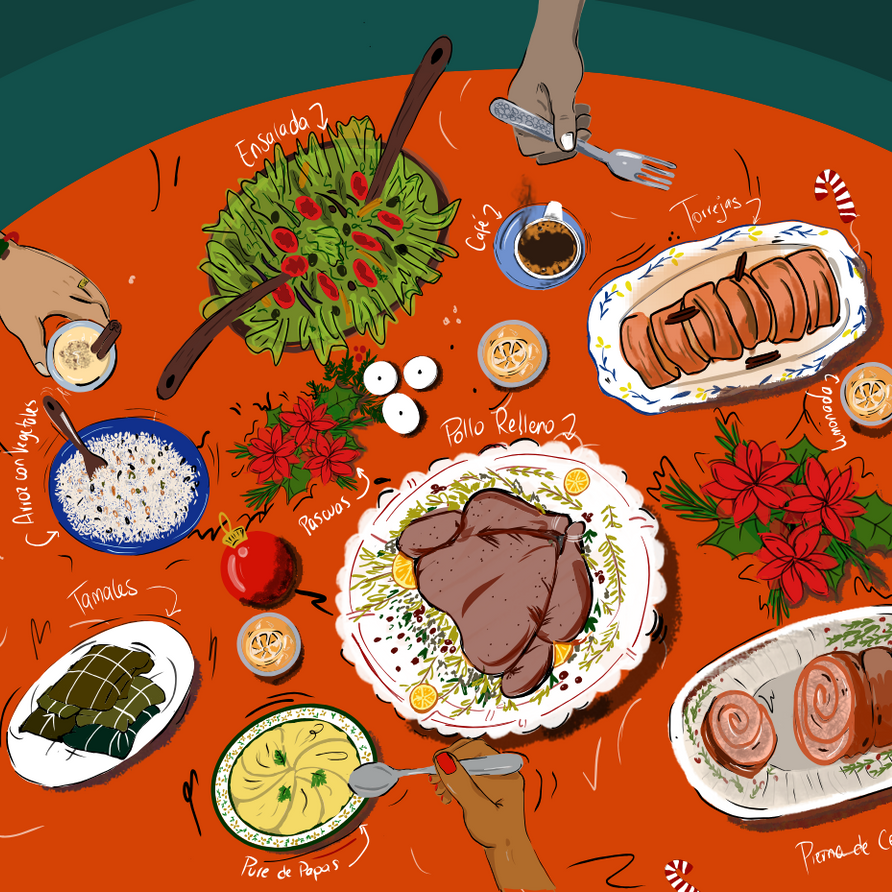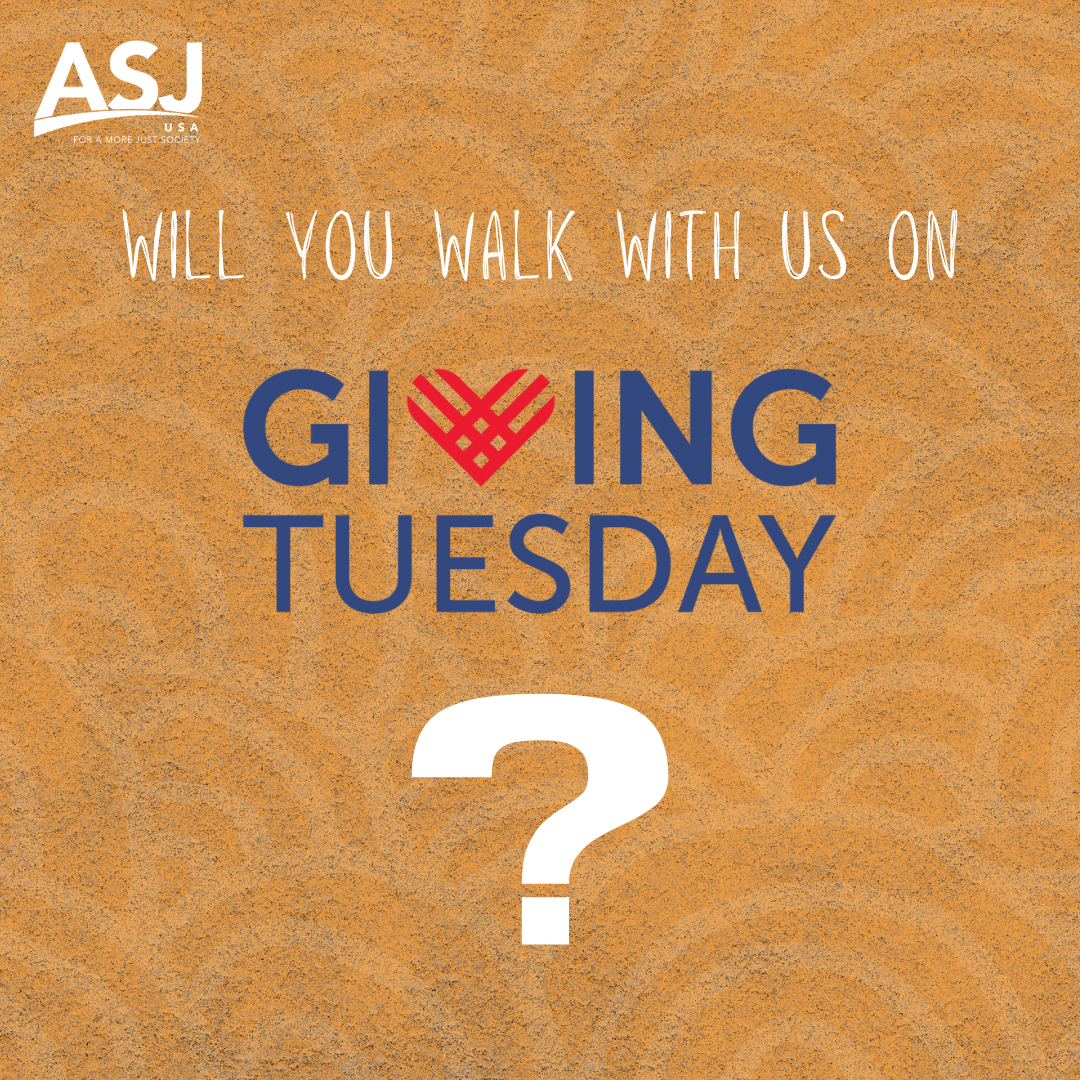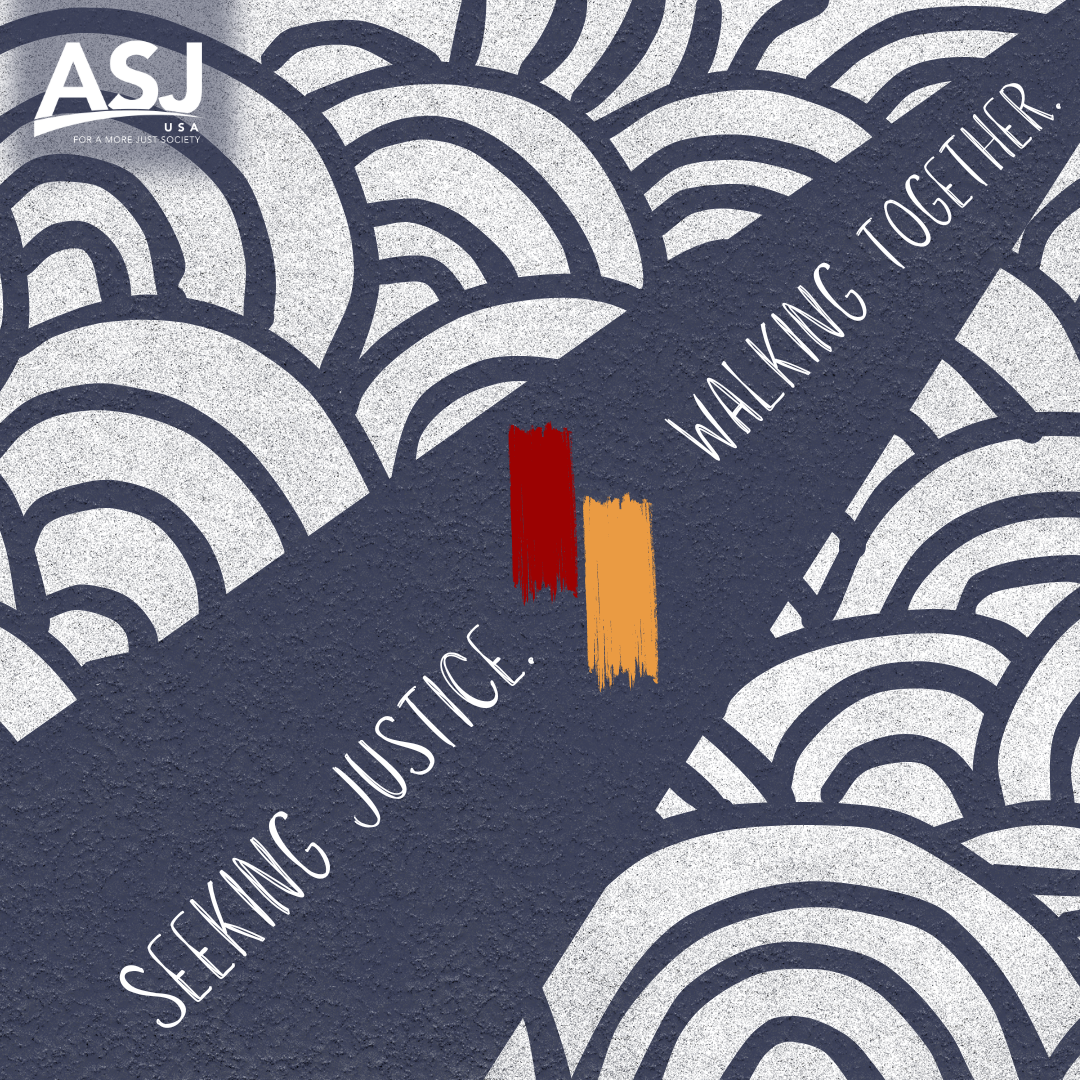It was 1:00 a.m. on a blustery Tegucigalpa night in the neighborhood of Barrio Verde. Carlos* was leaving a party with a group of young men known for running fast and wild, dealing drugs and committing murders. He wasn’t close to them, but their game of Russian Roulette intrigued him. In the game, a player places a single bullet in a revolver, spins the cylinder, places the muzzle against his head, and pulls the trigger–his life left to chance. The group’s ringleader, Ronal, was pressuring everyone to take a turn with the gun, and almost all gave in because Ronal inspired fear in Barrio Verde. He was rumored to have murdered three people, but no one dared to testify against him. He had spies all around the community, including corrupt police officers, so everyone knew that talking could be a death sentence.
October 28, 2015
ASJ (formerly known as AJS) works with brave collaborators to achieve justice in a murder case.
A murder
As they gathered outside of the house where the party was taking place, Ronal quickly got bored with the game when the bullet did not fire, so he grabbed a young man walking down the street. Carlos knew this young man’s face too. His name was Nelson, and he worked as an errand runner at a customs business. He had a wife and two children. Carlos thought Ronal would just scare Nelson a bit with the gun for some fun. But before Nelson could even react Ronal said to him in a monotone voice, “Now it’s your turn to play” and shot him point-blank in the head. He died later that morning in the hospital.
Carlos was shocked and scared. He couldn’t believe what he had seen, but he, like all the other neighbors, was afraid to report the crime to the police. What if Ronal found out and killed him?
An answer
Although Carlos and his neighbors were afraid to report the crime to the police, one of their neighbors didn’t hesitate to call Luis Ortiz, an ASJ lawyer, who has worked in Barrio Verde for the last six years, along with a team of investigators and psychologists. The team makes sure crime victims can tell their story to honest cops, without fear of being found out by criminals, they help police detectives gather evidence and public prosecutors to put together their cases so that victims of violent crime get justice. The team also provides psychological care for victims so the trauma they experience doesn’t stop them from living their lives.
When Luis and the rest of the team heard about the murder, they sprang into action. Luis details, “We visited probably ten times the neighbors who might have seen the crime, trying to convince them to testify, but they were all too afraid of Ronal.” He adds, “We kept talking to our community informants, though, and finally, we found one brave witness.” That witness was Carlos.
The collaborators put the team in touch with Carlos, and the team’s psychologist Ixchel Romero convinced him to meet her at a fast-food restaurant outside of the community. She met with him multiple times to talk through the trauma he was feeling over what he had seen, and to prepare him to testify. According to Luis, “Carlos finally decided that it would be better for Ronal to be in prison than to be terrorizing the community.”
Eventually, Carlos felt ready to give his statement, and with it and other evidence, the court issued an arrest warrant for Ronal.
But the arrest was also a challenge, according to Luis, “Ronal was sleeping in a different house every night, and each time we found out where he was, he would disappear into the back streets of Barrio Verde.” Finally, though, the team organized an arrest operation on a day when community informants told them that Ronal had been injured from a fall while running from the police. This time the team and police made the arrest.
Honduran judicial process requires an initial trial to see if there is enough evidence to go to a full trial. On the day of the initial trial, Luis and the team told Carlos to pretend that he was going to work normally. Then the team picked him up from a neutral location, where they gave him a robe to disguise his identity, and a voice distorter to disguise his voice.
At the hearing, the judge ruled that there was enough evidence to hold Ronal over for trial.
In the final trial, Ronal admitted his guilt and was sentenced to prison, leaving Barrio Verde in peace. And Luis reports that “Carlos has not been threatened, no one knows who it was that testified.”
Nelson’s story is just one of many in Barrio Verde, where the murder rate has decreased by 75% in the last 8 years.
A New Step
Now, according to ASJ project coordinator Byron Zuniga, “We want to show people in two more of Tegucigalpa’s most violent neighborhoods that justice can be done.”
Byron explains that in these communities “a small of group of people, like Ronal, are terrorizing the rest of the community. People don’t dare to testify because they’re afraid of the police and of the criminals.”
But, with the help of new ASJ psychologists, investigators, and lawyers, “neighborhood residents are beginning to fight their fears and are working with us to find the criminals.” ASJ staff is currently mapping criminal activity in both communities and has already participated in the arrest of nine people accused of extortion, murder, and kidnapping. Byron also emphasizes, “33 people are also receiving care from our psychologists, as they work to heal from their trauma.”
Byron concludes, “We’re so thankful for brave people, like Carlos, who fight their fears to work with us. Together we’re working towards communities where no one gets away with crime.
*Name changed to protect individual’s privacy and security.





